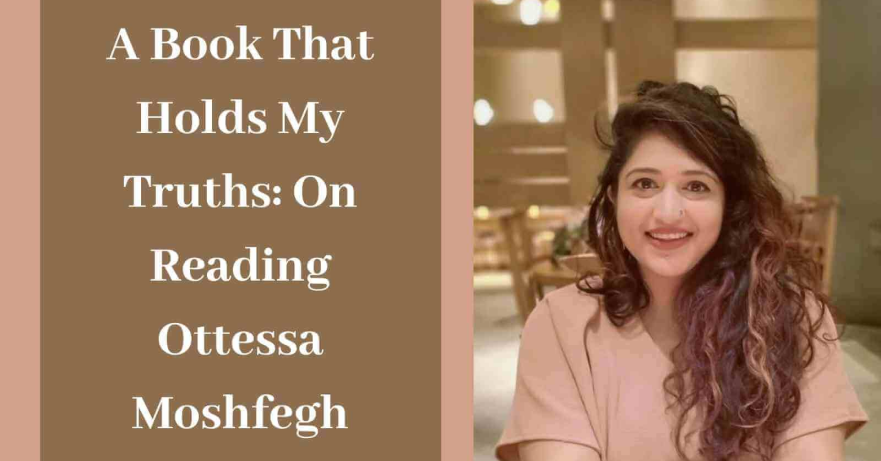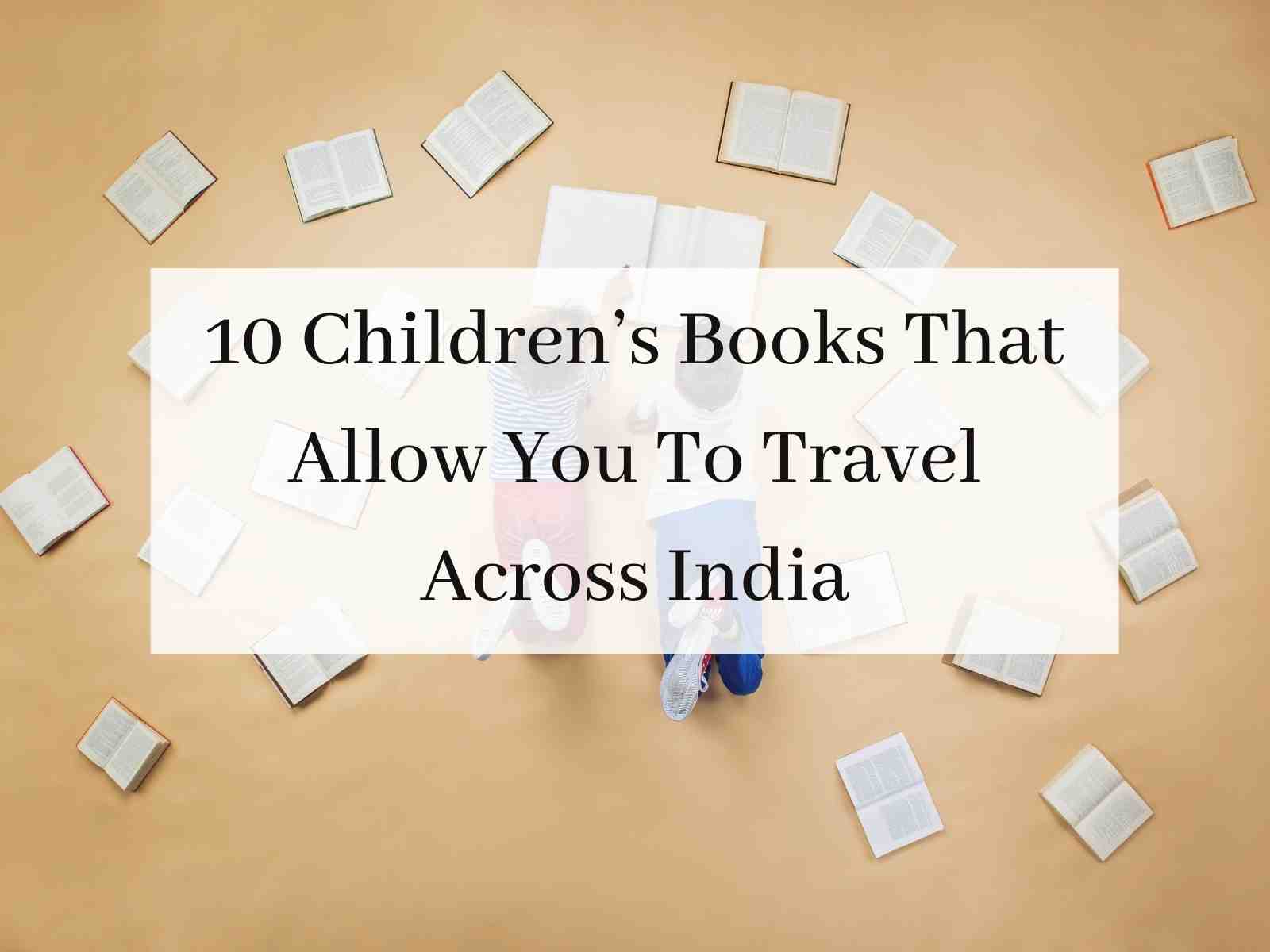It was around a decade ago when I attended a discussion on ‘our’ existence and those of women somewhere in Shahpur Jat, in a bare room that perhaps provoked us to strip the facades of society to its barest. We all sat cross-legged on durries, the good old way, not compelling a woman to ‘sit like a lady’ or a man to ‘sit like a man’. The floor and the durries, of course, didn’t distinguish one from the other, and sukhasana, the yogic word for this posture, wasn’t gender-specific. I suppose this was an ideal place and way to address ‘our’ issues and rights.
Many voices that afternoon suggested a women–queer alliance be formed. The logic was this—the liberation of women and the queer community is a common threat to society, and the common challenge we share is society’s patriarchal ways—male. ‘His’ fears lead to all kinds of phobias directed at both groups. In the case of queer folks, it is trans and homophobia. As for women, it is rape, gender roles and the protective Lakshman rekha that provide safety, ironically, from the people who draw these lines—men. It would never free them, but who’d say that.
‘His’ fears lead to all kinds of phobias directed at both groups.
If a woman chooses a career, she’ll somehow appear to be a competitor to men, not one man. If she outshines a man, it would challenge his masculinity, his power and hurt his ego. If women reject men, it would be the rejection of their manliness or masculinity. How could she do that and how could he allow the same? If a lady decides to be single, that in itself is seen as a way of dismissing the relevance of men to women, to a family and, eventually, society. Who’d create (procreate) and carry forward the legacy of a family and the man’s name? Again, if she finds a lover, another woman, that could be far worse; it is abnormal not to live with a man. A woman is supposed to dedicate her life to him. She can only be a sexually active, heterosexual woman.
Similarly, if men dismiss the idea of marrying a woman, people like me, choosing a same-sex partner instead, he’d be called (as I was) a ‘sissy’ and ‘girly’. That he chooses a man, means he must be some kind of a woman, as only women can be with men, so he must be half a man.
If a lady decides to be single, that in itself is seen as a way of dismissing the relevance of men to women, to a family and, eventually, society.
Just as some of us thought the discussion was over and there’d be a recap, someone shouted out, ‘Let us not blame the man alone, women are also guilty of perpetuating stereotypes!’ Mothers, as was pointed out, forgive their sons, and wives pardon them saying, ‘Ye to hota hain, mard aise hi hote hain (This is how it is, men are like this).’ Being on his side means they can be part of that strength, force and the economics running on him. The mothers hope that they’ll be looked after in their old age and the wife hopes for lifetime security for herself and her children.
No wonder then, a 2022 national survey by the Union Ministry of Health and Family Welfare found that 45 per cent of women were in favour of men assaulting their wives if they refused to ‘perform her duties’. No wonder, then, parents don’t like to see their son cry or accept his emotions, which appears soft or feminine. They need him to be a man, the bread-earner and provider. And to keep that equilibrium, the woman has to be a woman—dainty, soft, submissive and feminine. Any deviation, therefore, has to be disciplined, leading to phobias turning into hate, the ones we talked about at the start of the meeting.
Even without the data from 2022 and earlier years, I wondered, as did some others, if a tight and strong alliance between women and queer folks was a possibility. Would we have numbers backing such a proposition? Or would there be silent support; after all, for women and queer folks, coming out to share a secret, the pains they have lived with, is never easy.
Or would there be silent support; after all, for women and queer folks, coming out to share a secret, the pains they have lived with, is never easy.
Excerpted with permission from Queersapien, Sharif D Rangnekar
Publishing/Rupa Publications (December 2022)
You can buy your copy here.

Sharif D. Rangnekar is a writer, curator, workplace inclusion consultant and singer-songwriter. He is the author of the critically acclaimed book Straight to Normal: My Life as a Gay Man, as well as the director of the award-winning Rainbow Lit Fest—Queer & Inclusive.










